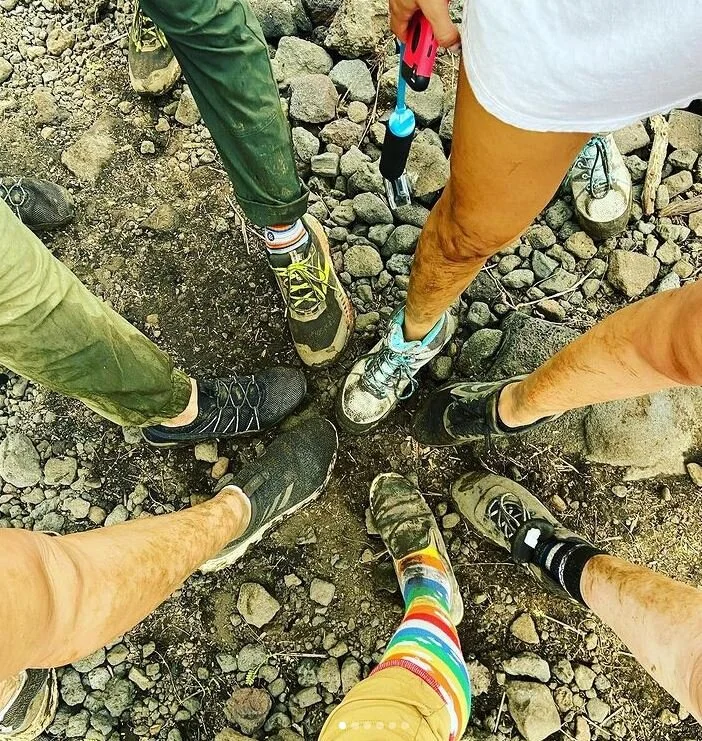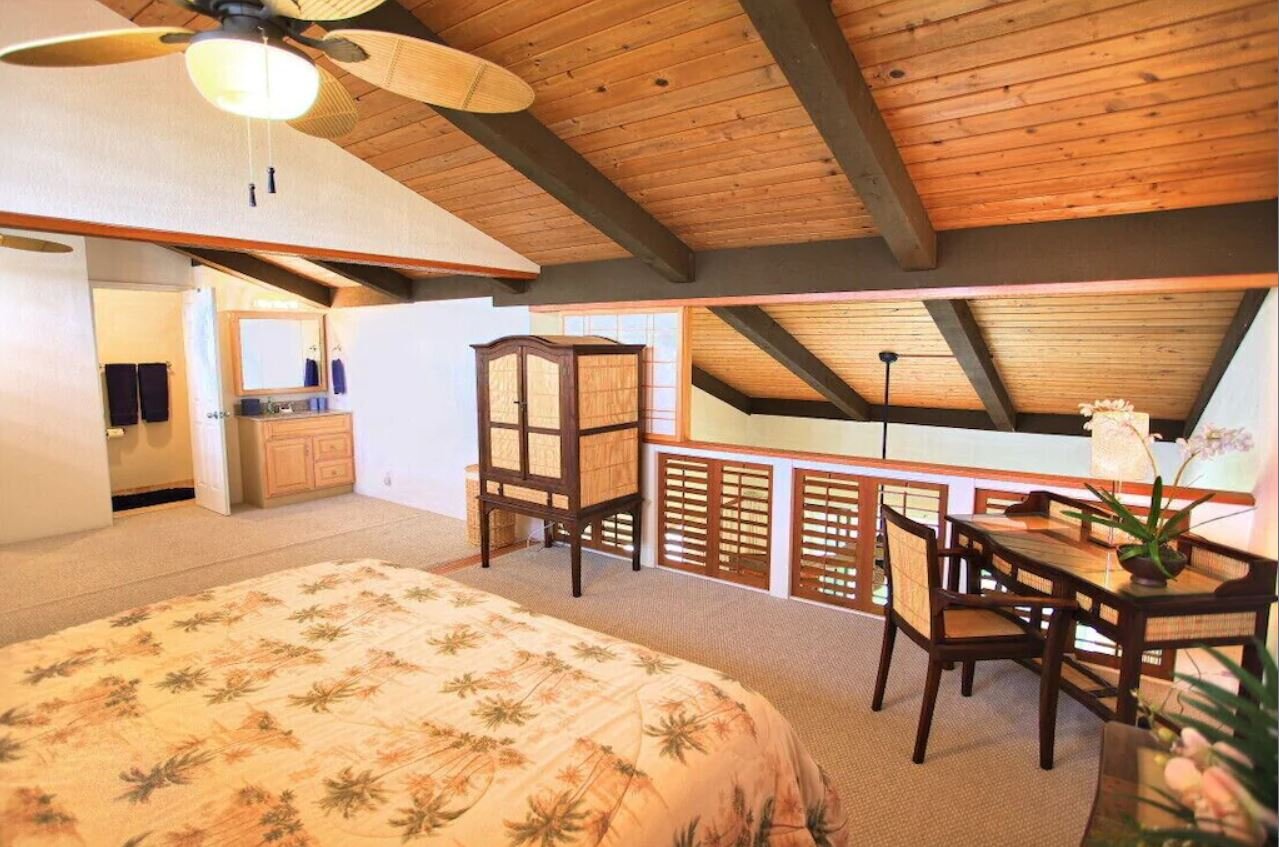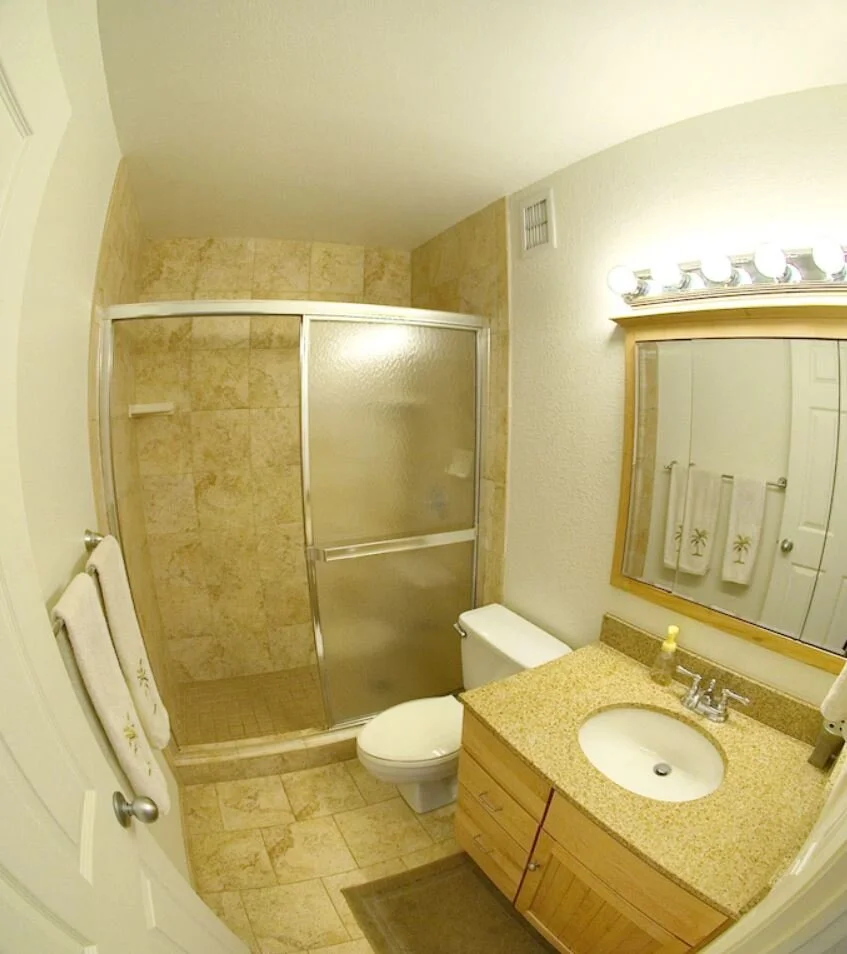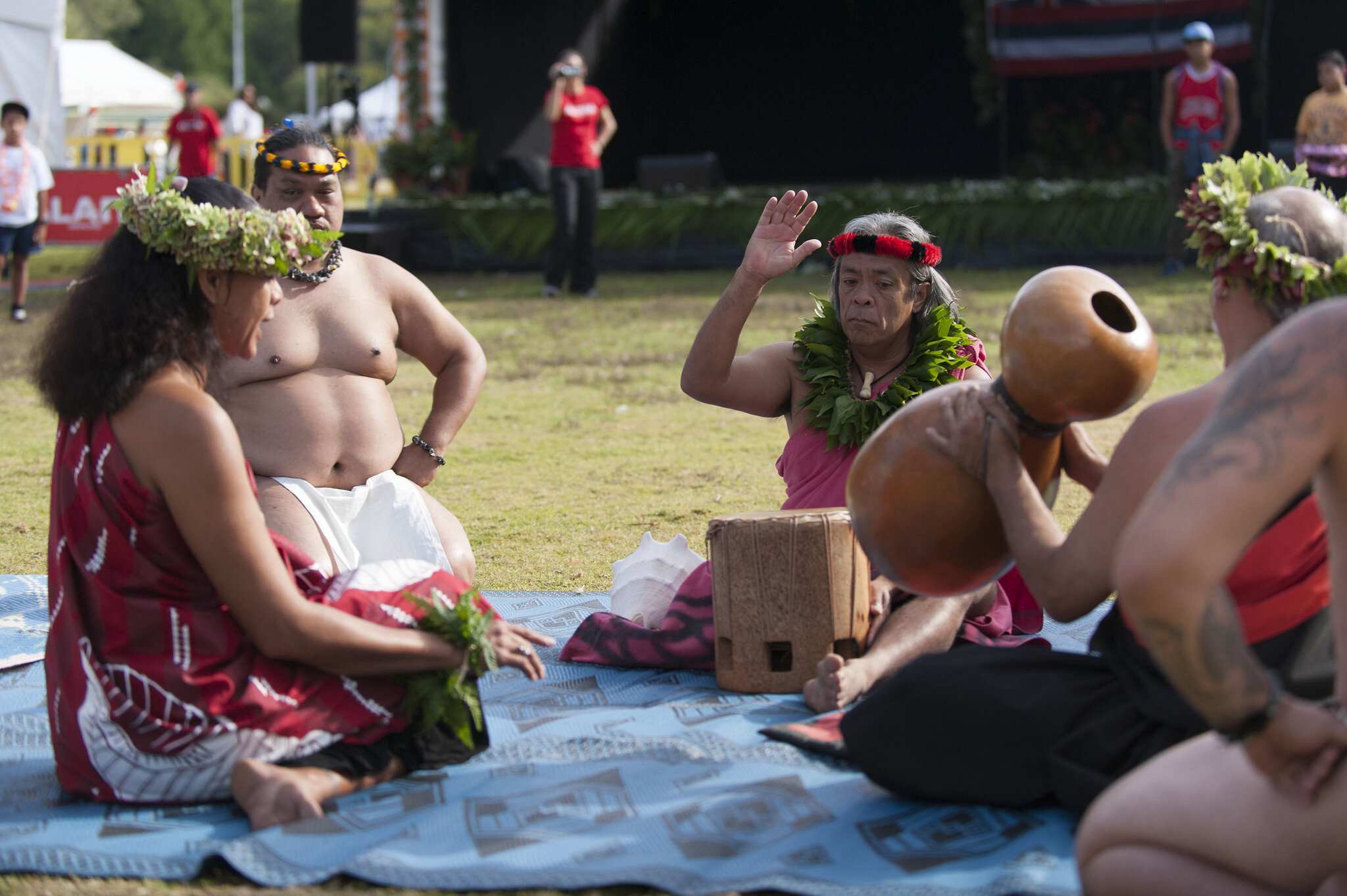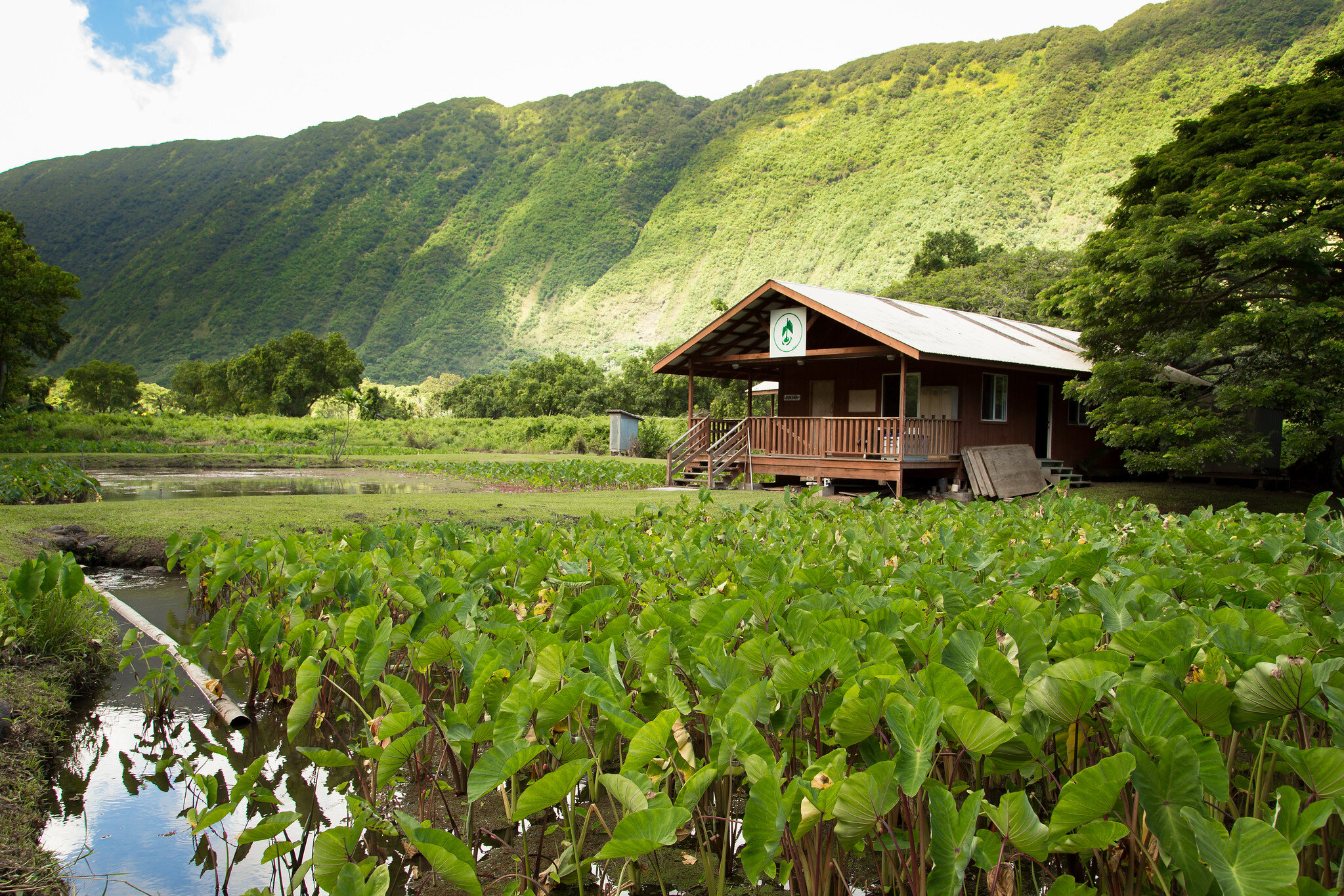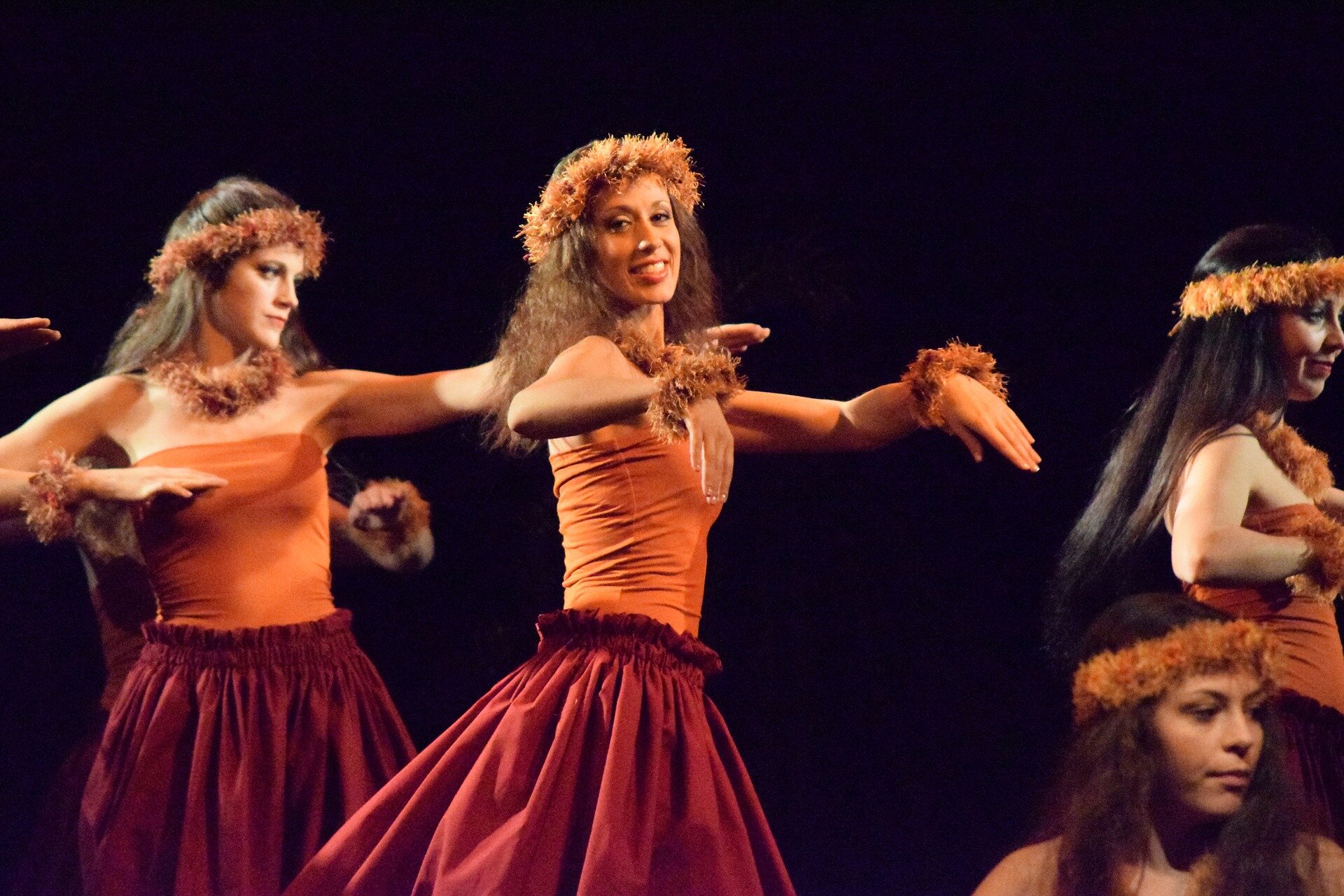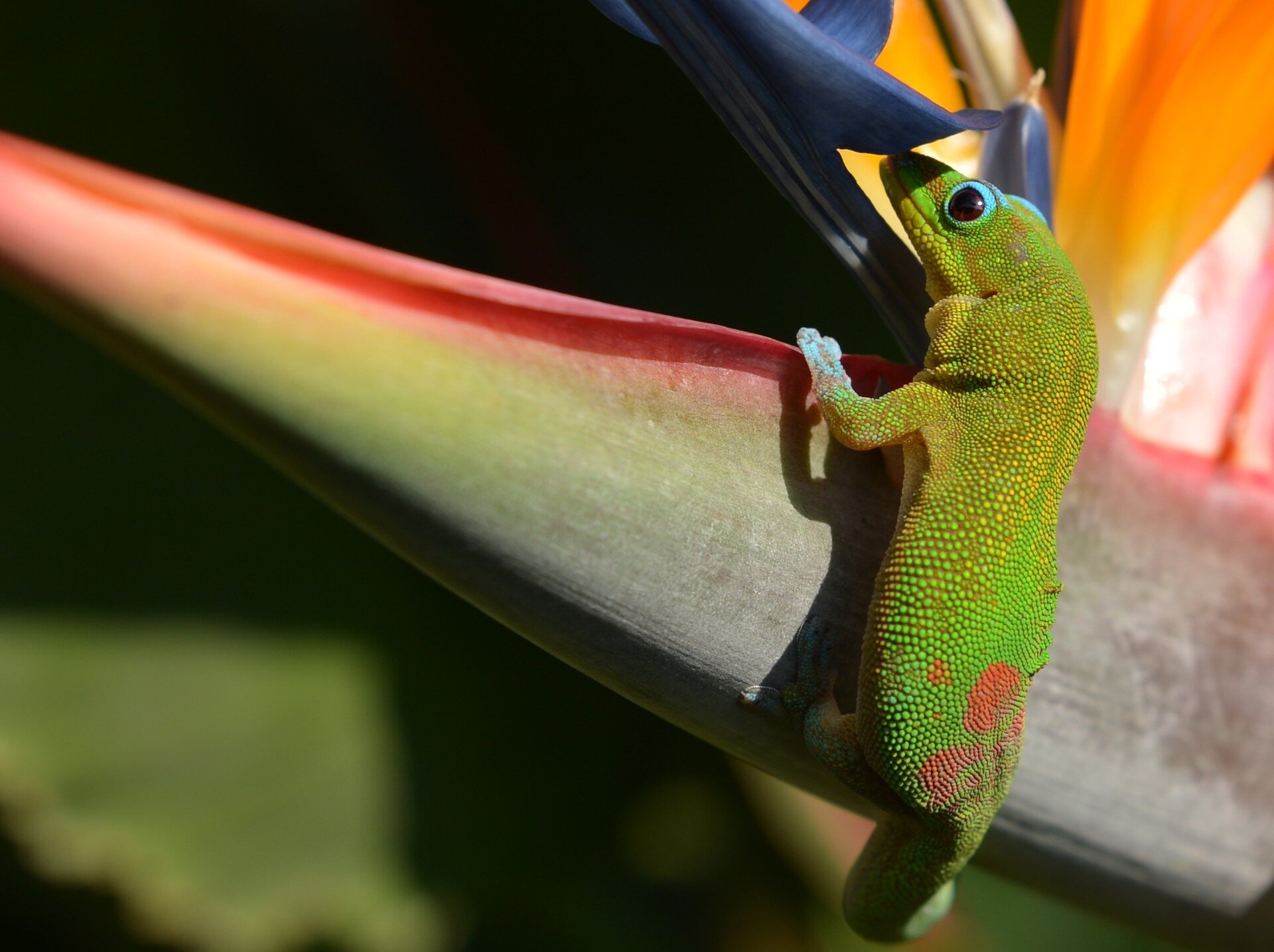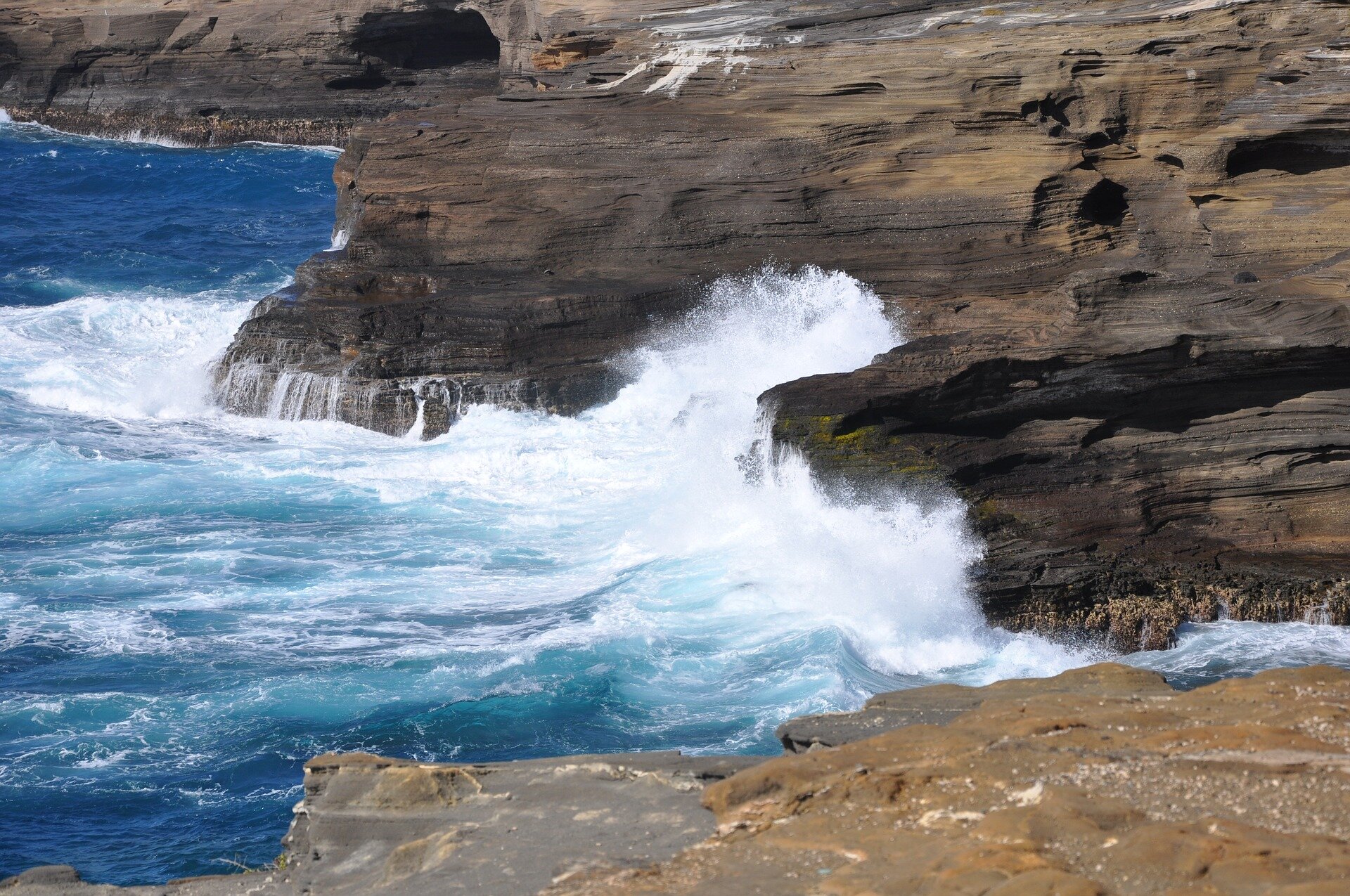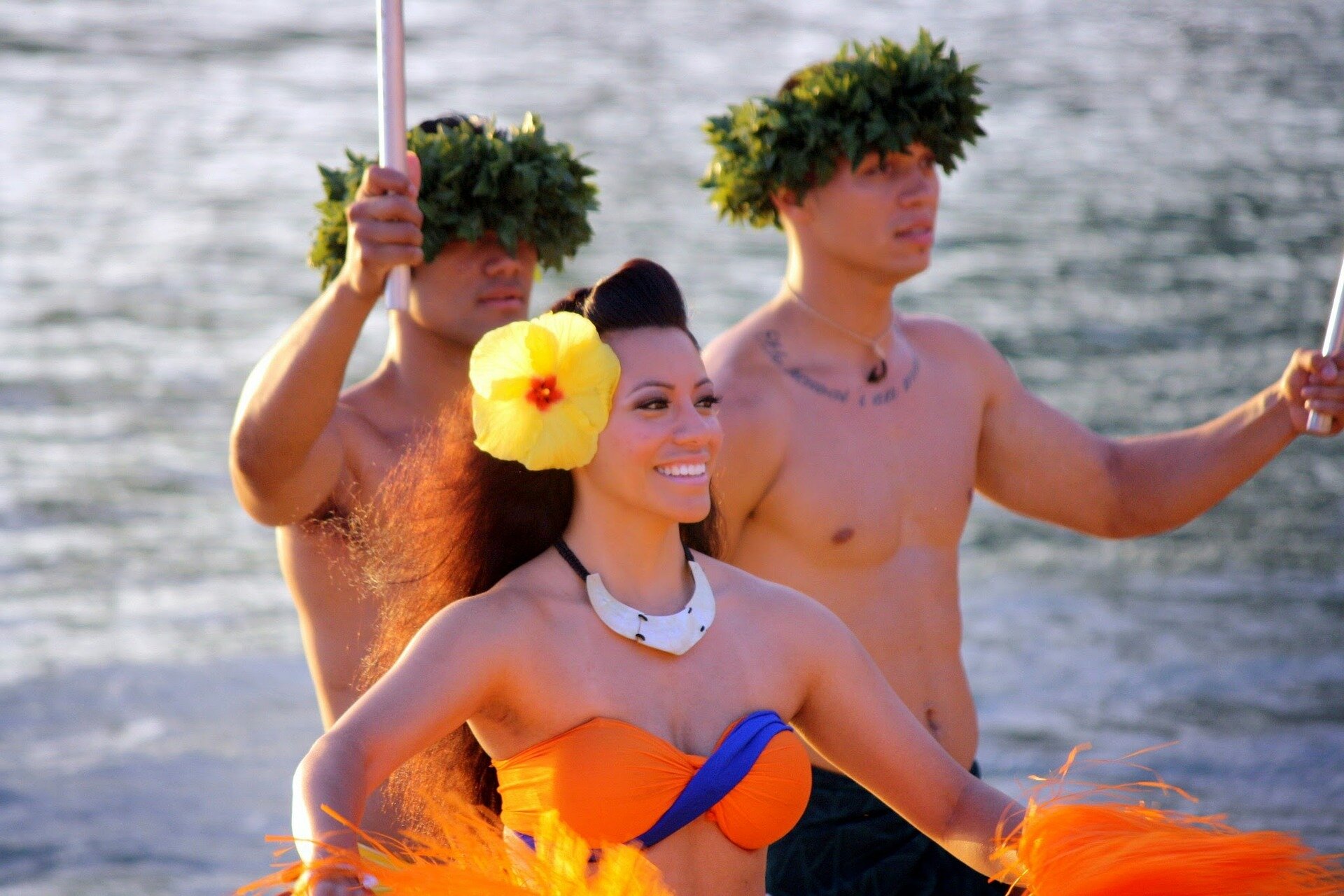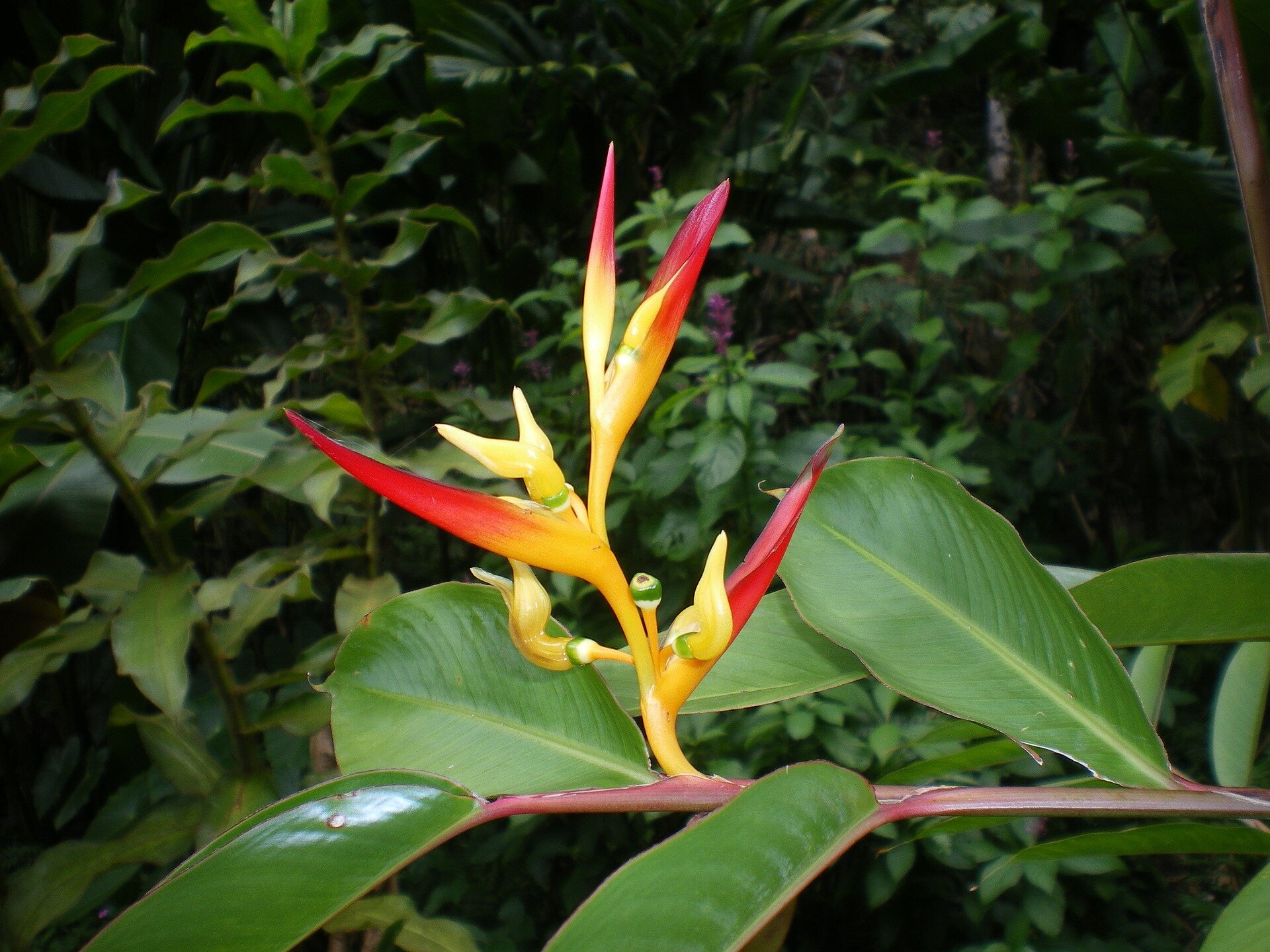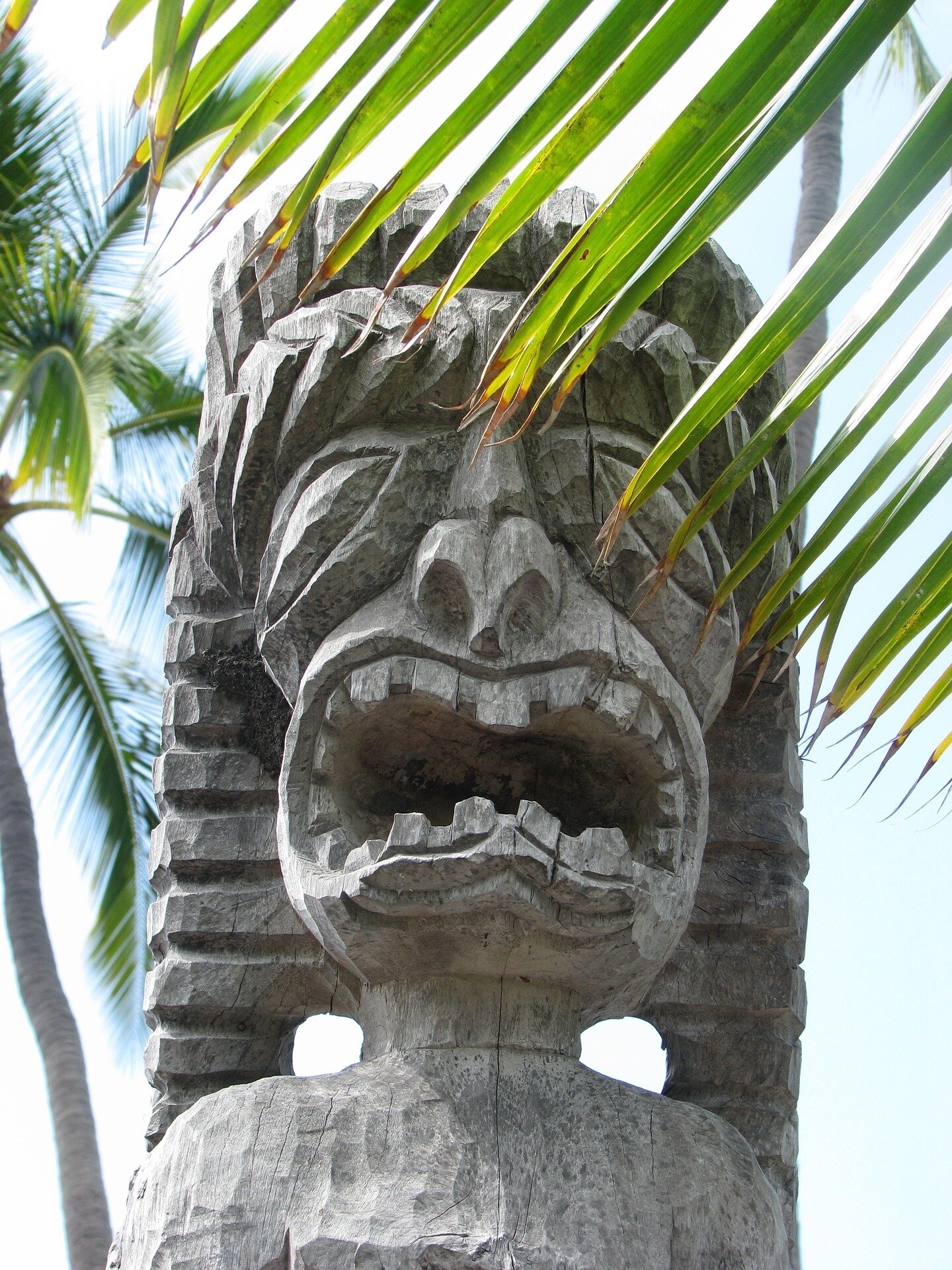WSU Education-Facilitation Expedition
Big Island, Hawaii
Estimated May 8 - 15, 2022
The Big Island of Hawaii and educational focus
137 islands and atolls stretching across 1,500 miles together form the Hawaiian archipelago, yet today’s Hawaiian population inhabits only 7. Hawai’i -- also called The Big Island -- is the largest geographically and home to some of the most diverse ecosystems of the region. From Kiluaea, one of the world’s most active volcanoes, to Mauna Kea with a summit just under 14,000 feet, it’s obvious why so many people hope to experience the natural beauty and energy found on the island.
The educational structure within Hawaii presents a unique learning environment for upcoming educators and recreational leaders. The drive to create an educational environment that welcomes the diverse cultures of the Big Island is the perfect microcosm for future leaders to learn and expand their understanding of cultural sensitivity and inclusion.
This program will provide learners from both the education and recreational tracks opportunities to expand their learning outside of the classroom. Two learning cohorts will travel to Hawaii at the same time, yet will participate in daily activities focused on specific learning objectives aligned to each program.
Educational cohort Learning objectives:
Education participants will be able to:
Expand cultural comfort zones and awareness and increase self-confidence via travel and cultural immersion.
Participate in school visits throughout the island to compare and observe educational approaches in the various districts of the island
Speak with local educators and administrators regarding their educational approach to success, educator training, and current local trends/patterns/concerns
Observe a local language course/program incorporating local cultural traditions and supporting the continued success of the Hawaiian language
Participate in several dialogue discussions on education-focused current events and obstacles and workshops on place-based learning and risk management.
Visit local historic and culturally significant locations to speak with local experts and build connections between learning objectives/standards and experiential educational opportunities.
Learn group facilitation techniques to be utilized to increase community, cultural awareness/sensitivity, leadership development and dialogue facilitation.
Increase understanding of the development and management of experiential learning opportunities (i.e. combining astronomy lessons atop Mauna Kea, history lessons while visiting local historical and cultural parks, biological sciences while exploring the ocean and lava fields, etc.)
Optional additional objective: create and present to the group an interdisciplinary lesson plan incorporating place-based learning, risk management and local culture/ geography with educational standards
Certifications Earned on this expedition
Certificate in Leave No Trace — students will learn the main principles of how to interact with both urban and wilderness settings leaving as minimal impact as possible. Students will be able to both implement best practice into their daily actions and further lead by example for other travelers near and far.
Risk Management Level 1 — learning to assess risk is a potentially life-saving skill Global Treks feels everyone should practice even in their normal day-to-day surroundings. Global Treks participants will be learn how to perform an objective analysis at the introductory level prior to participating in any type of adventure or outdoor activity providing crucial training to take forward on their professional or recreational paths. This certification serves as the prerequisite for the Global Treks Risk Management Level 2 Training Course.
What to expect (A typical Day)
Have breakfast and prep for the day (get gear and food together).
Participate in morning workshops, facilitation techniques and/or review the target schools and program overview for the day.
Review risk management and the day’s specific learning objectives.
Participate in the day’s main activity which may include: a visit to a local school or learning community, a visit to a cultural center or historical site to meet with local contacts and/or an outdoor adventure component to supplement the afternoon.
Eat dinner with the team.
Evening debrief meeting and team bonding activities.
Relax, prep for tomorrow and sleep.
Lodging and Transportation
All participants will be staying at the same resort-style housing complex in shared condos based on the dry (western) side of Hawaii in Kona. Housing is composed of a kitchen, living room, several bedrooms and bathrooms. The separate units provide plenty of space for everyone to spread out and enjoy the fresh ocean air! Amenities on-site include tennis courts, a beach, large swimming pool, ping pong table and a walking trail along the water to watch nightly sunsets.
The lodging location provides close access to epic snorkeling, restaurants and shops providing students with access to countless opportunities to further explore Kona after the conclusion of each day’s agenda. Large passenger vans and SUVs driven by the head instructors will be utilized for group transport for all activities, meetings, workshops and cultural gatherings.
Program Costs: $2,500
What’s included: The fee covers lodging, supplies, food, local transportation, and access to educational, natural history, and cultural centers. Basically, once we pick you up at the airport in Kona you would not have to spend a penny unless you would like to purchase souvenirs or other optional personal expenses.
What’s not included: Airfare transportation to Hawaii not included. We are more than happy to help you book your flight. Flights typically start around $400 depending on your location. We will meet you at the Kona airport (airport code KOA) with signs that say “WSU.”
*We are happy to assist with scholarship applications and completing paperwork in order to receive credit.
Ready to Apply?
Hawaii Highlights
STILL CURIOUS?
Check out past expedition videos to Iceland in 2017, 2018, and 2019.
What past perticipants have to say about their experience:
Molly M. | LEE University
"Now being done with school and having a degree in journalism and a passion for traveling, I've been in that stage of life where I'm looking for all different kinds of opportunities to use my skills and expand them as well. I just happened upon this company and trip, and immediately was blown away at all that gets done in just a week's amount of time in the coolest places all over the world. During my time on the boat, I felt so motivated and trusted which makes a huge difference. I feel like I have the fire to write and get work done for the sailing guide professionally and I believe this will put me in the direction I want to go in with travel writing. Personally, I am so grateful to be in a welcoming environment with patience and adventure."
Eric N. | Texas A&M
"My Global Treks experience was truly one of the best of my life. The trip gave me an incredibly valuable academic experience. I probably learned more about hands-on, geographical data collection during the 8 days with the team than I have in two years at A&M. Though I think that says more about value of quality field experience than it does about any lack of quality from university education, because universities courses are hugely valuable, but nothing can replace high quality field experience. Furthermore, I believe my experience with Global Treks will give me a significant edge when applying to future internships with National Geographic (fingers crossed) and graduate school.
Joseph B. | Baldwin Wallace University
"This expedition was an overall amazing experience and definitely one that will stick with me forever. I felt that throughout the trip, my expectations and goals were exceeded. Academically, I was able to conduct valuable field work in regards to both geology and GIS. To be in the field collecting and analyzing samples from a remote location is valuable knowledge that will only help me and help me grow further as an individual in the field of geology. As for GIS, this was the first of GPS tracking and collecting data, so to go into the field and actually learn hands on how to do so is invaluable. I consider myself a hands on learner, so this field work helped me exceptionally and it will help me in the long run to apply these new skills to further my education. Professionally, this expedition taught me how to do real life work outside of the classroom in a group setting and individually. Instead of just doing group work in the lab, I was outside in the field tracking in a team. As well as looking at rock formations and identifying rock types as an individual. Not to mention working as a team throughout the week on the sailboat. That alone took an innumerable amount of teamwork and camaraderie to get through the week. This helped so much especially going into a setting where we were all strangers. You can’t always pick who you work with and you must adapt to the setting and what you’re given. Thankfully, the team was amazing and it was so refreshing to work with such an awesome group of people. Personally, this trip overall was an amazing experience and it was definitely an adventure that helped me grow as an individual. Constantly helping others to accomplish a common goal is something I’m used to because of always being in a team setting, but never in this capacity. Sailing and living on a boat for a week was such an amazing experience and the lessons, memories, adventures, and experience will stick with me forever. I look forward to applying these skills in the future.
Where are they now?
Greg Farley
Greg was a researcher on the 2016 San Juan Islands expedition. He helped to build the GIS maps for the Naturalist Guide to the San Juan Islands. Greg now works as a Human Geographer and Geospatial Analyst for a federal agency.
Katherine Kavanaugh
Katherine was a researcher on our 2017 Iceland Research Expedition. She helped map some of the first hiking trails of our Trail Guide project. Katherine currently works with NASA mapping climate change.
Adam Weaver
Adam was a researcher on one of our Iceland research teams with the responsibility to explore Iceland’s dynamic history and economy. Adam now works for Patagonia in California.
Lauren Caine
Lauren jumped into Iceland’s Search and Rescue Teams and the world of disaster relief. Following the expedition, Lauren is now working with FEMA helping with disaster relief management around the United States.
Molly Mann
Molly was a researcher on the Spanish Virgin Islands team utilizing her passion for creative writing to capture life on the archipelago. Molly now works with a publication company in Nashville and maintains a travel blog.
Jackie Bussjaeger
Jackie was on our Apostle Islands research team. She researched and wrote about the history of the islands. Jackie now works with Global Treks as an editor as well as a writer for the White Bear Lake Newspaper.



